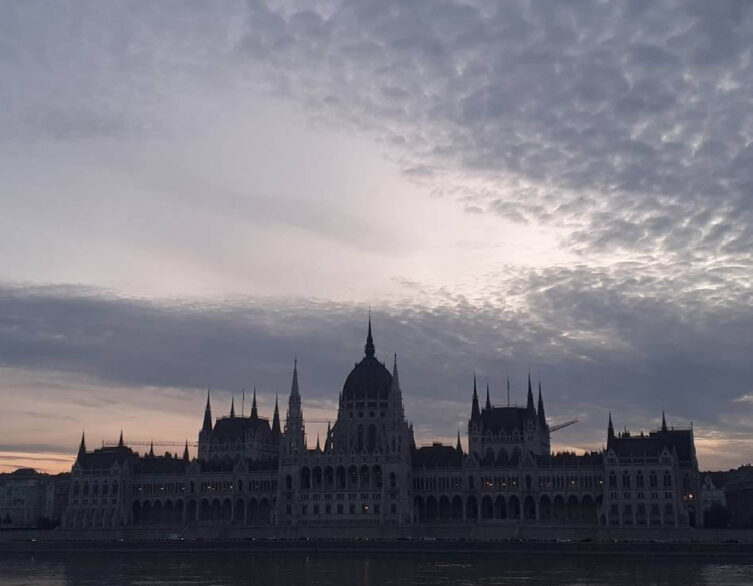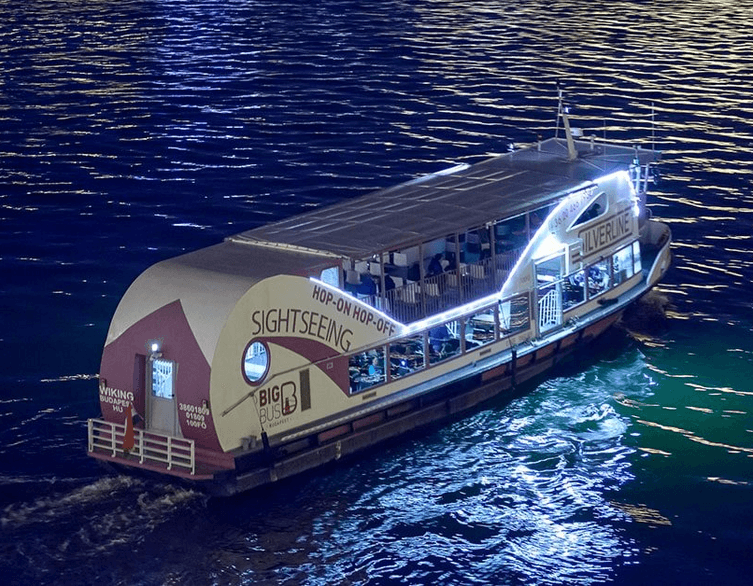Air Quality Improvement in Budapest: A Comprehensive Overview

Budapest has made significant strides in improving its air quality over recent years, with various initiatives and programs implemented by the city hall to create a more sustainable and environmentally friendly urban environment. This article examines the progress made and outlines the ongoing efforts to further enhance the city’s environmental conditions.
Recent Air Quality Improvements
The Hungarian Meteorological Service (HungaroMet) has recorded notable improvements in Budapest’s air quality in recent years. Particularly significant progress has been observed in two key indicators: nitrogen dioxide (NO2) and particulate matter (PM10) concentrations, which reached their best levels since measurements began. These improvements are evident in both inner and outer districts, bringing Budapest’s air quality within EU standard limits.
Current Status and Challenges
The air quality in Budapest has shown a pattern of initial rapid improvement followed by a period of stabilization and gradual enhancement over the past 16 years. Key findings include:
- PM2.5 levels consistently meet EU directives
- PM10 levels have been improving since 2019, meeting all EU requirements since 2020
- Ground-level ozone (O3) remains a challenge in suburban areas, particularly during summer
- Nitrogen dioxide levels show slow but steady improvement
Municipal Programs and Initiatives
Sustainable Transportation
The city has implemented various measures to promote environmentally friendly transportation:
- Modernization of public transport fleet with low-emission buses and trolleybuses
- Renovation of Metro Line 3
- Expansion of the MOL Bubi bike-sharing system
- Development of pedestrian and cycling infrastructure
Green Space Development
The city hall has set ambitious goals for increasing green spaces:
Best deals of Budapest
- Aim to increase per capita green space from 6m² to 7m² by 2030
- Planting of over 20,000 trees since 2019
- Implementation of a 300-hectare forest management program
- Development of new parks and renovation of existing green spaces
Climate Agency and Energy Efficiency
The establishment of Budapest’s first Climate Agency, supported by EU funding, focuses on:
- Facilitating energy-efficient renovations
- Providing financial solutions for environmental improvements
- Reducing greenhouse gas emissions
Solar Energy Initiative
This program aims to expand solar energy usage in Budapest through:
- Free consultancy services for residents
- Solar mapping of buildings
- Implementation of solar panel installations
Environmental Protection Measures
The city has implemented several additional measures:
- New smog regulations
- Development of a Climate Strategy through 2030
- Implementation of the Budapest Environmental Protection Program
- Anti-waste burning campaigns
- Sustainable urban logistics initiatives
Future Outlook
While significant progress has been made, the city continues to work toward meeting WHO air quality guidelines, which are more stringent than current EU standards. The municipality maintains a commitment to:
- Further reducing vehicle emissions
- Expanding green infrastructure
- Improving energy efficiency
- Enhancing public transportation
- Promoting sustainable urban development
Conclusion
Budapest’s approach to improving air quality demonstrates a comprehensive strategy combining infrastructure development, policy implementation, and public engagement. While challenges remain, the city’s commitment to environmental improvement continues to yield positive results, creating a more livable and sustainable urban environment for its residents.
Image source: HungaroMet



















